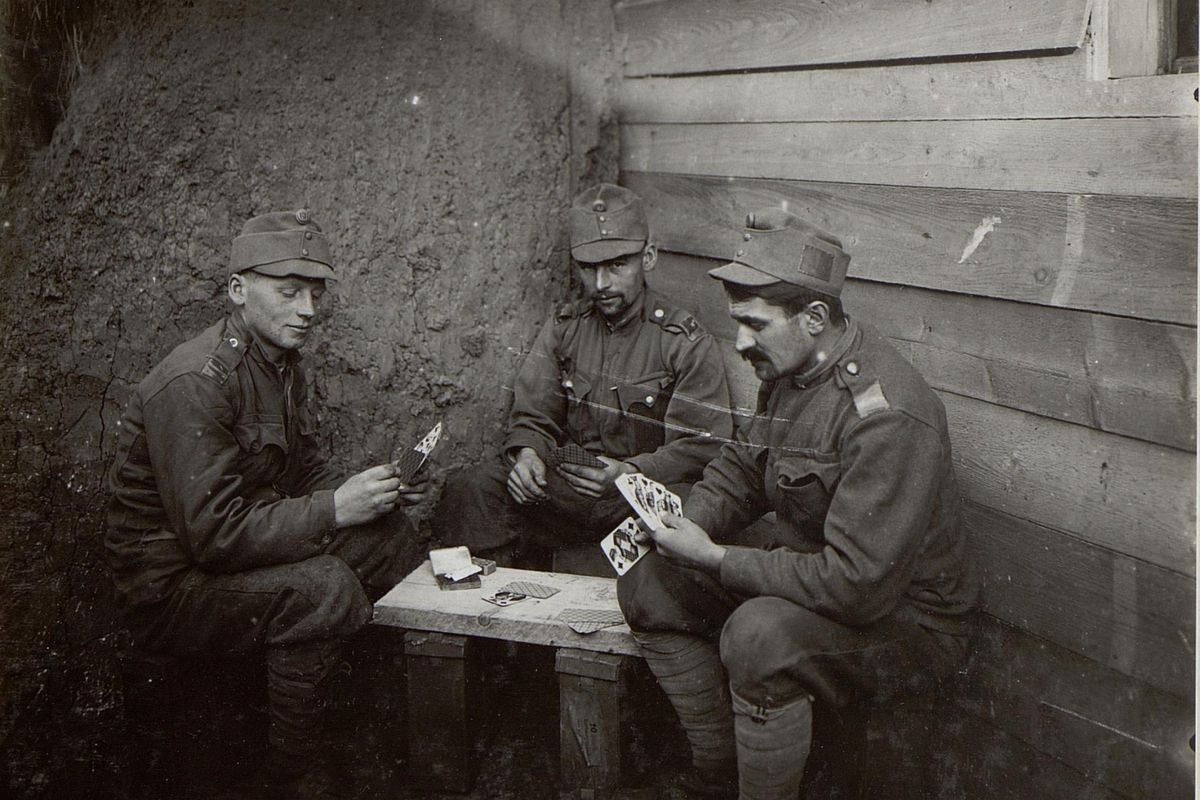
Poker is one of the most famous card games in the world, with millions of people enjoying the challenge of trying to put together a winning combination.
Yet, it would be wrong to think that poker today is exactly the same as it was when it was first played. How did this game begin and what is it like now?
When Was Poker First Played?
There is some doubt about when this game was first played. Some sources suggest that it may go all the way back to 10th century China, while others report that its roots may be in Persia, as a card game called An Nas that was first played in the 16th century.
After this, the game of Poque appeared in France in the 17th century, with similar games played in countries such as Germany and Spain at the same time. All of these early European games were based on each player receiving a few cards and then having to bet if they thought they had the highest card, or choosing to bluff if they didn’t have strong cards.
The Arrival to America and Beyond
It is clear that poker took its next big leap forward when the game arrived to the Americas. It is widely believed that it was French settlers who took Poque to the New World, with New Orleans being a key area in the development of the game.
English-speaking players then changed the name to poker at some point. It isn’t known when the modern rules were introduced, but the introduction of hands of five cards for each player seems to have occurred once the game was established in America.
The next region to play a big part in the growth of poker was the Mississippi River, where riverboat crews played the game and took it to new places. It was played by soldiers on both sides of the Civil War and became a popular game in Wild West salons.
Interestingly, the game of poker then went back to Europe in the new format that it had gained in America. While Queen Victoria is said to have played a part in this, it was probably the arrival of American forces in World War I that cemented the growth of poker in Europe.
The game hasn’t stood still since then, with new versions like Caribbean Stud Poker joining the more traditional versions. Texas Hold’em appears to have first been played early in the 20th century, but it was towards the end of the same century that it began to become known as the most popular type of poker.
The Internet Influence
The 21st century has seen poker take a massive leap forward, as the introduction of online casinos and poker rooms has given people a far easier way of playing. Someone who is completely new to the game can now start playing online without any fear or feeling of being intimidated.
It is now very easy to find the basic rules of the game and some useful strategies online too. This has led to a levelling-up, as more players now have easy access to the information they need to start playing at a decent level right away.
Another interesting change we have seen in recent years has been in the way that video poker has emerged as an alternative way of playing. This is a faster, simpler version of the game where you only have to try and build a strong poker hand to win a fixed prize, rather than trying to beat another player.
Video poker gives us an example of how online playing has allowed more ways of playing the game to flourish. If you want to find out more about this version of poker Bovada offers video poker games, so make sure to check it out.
From versions like Pai Gow Poker to a variety of online tournaments for every type of player, poker has diversified enormously since going online.
The Future of Poker
As we have seen, poker has a long and fascinating history, even if some of it is shrouded in mystery and a lack of definite information. The 21st century has seen the game develop at a faster rate than ever before, but what does the future hold in store for it?
It seems certain that online poker and mobile poker continue to grow in popularity. This is likely to lead to the introduction of new ways of playing that are designed to appeal to different kinds of players, giving us even more diversity.
New technology such as virtual reality and augmented reality could also provide exciting possibilities for operators looking to make the game even more immersive and entertaining. It is easy to imagine a future where the poker experience is enhanced in these ways, but we would expect the essence of the game to remain the same as now, since this is what makes it appealing to so many people.

